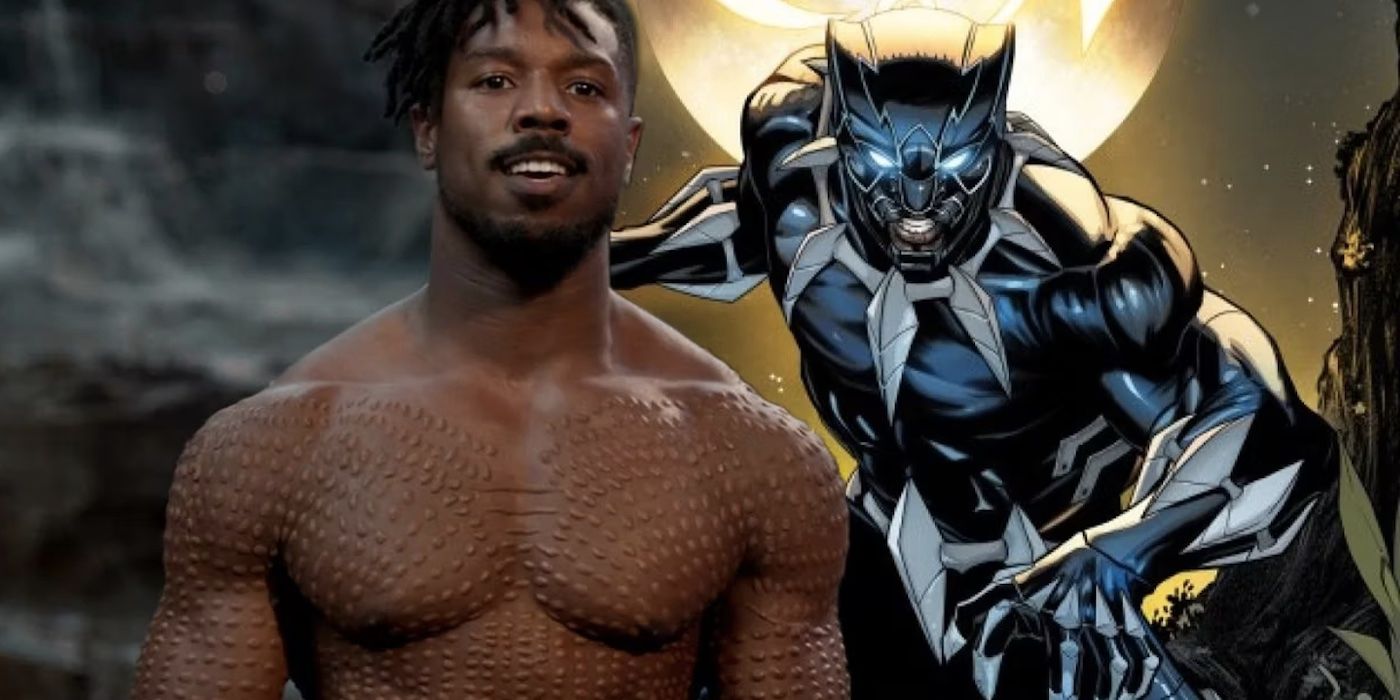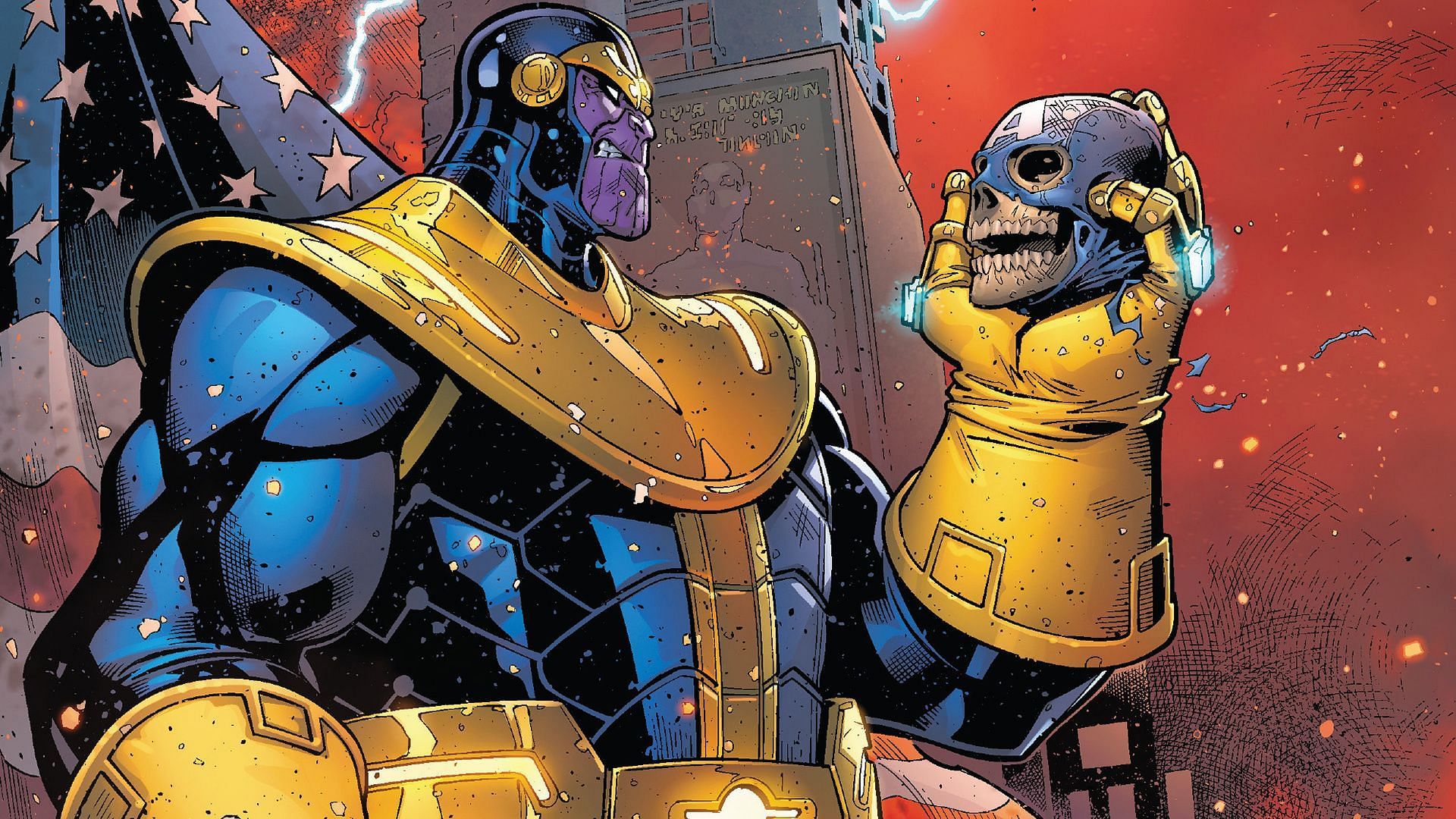The Most Memorable Villains in Recent Movies
Villains are the backbone of any compelling narrative, offering conflict, tension, and a counterbalance to the hero's journey.
In recent years, cinema has gifted audiences with a plethora of unforgettable villains who not only challenge protagonists but also captivate viewers with their complexity and charisma.
These characters have transcended their roles, leaving lasting impressions and redefining what it means to be a villain in modern storytelling.
This article delves into some of the most memorable villains in recent movies, examining their impact on the films and the audiences who love to hate them.
Thanos: The Mad Titan
The Avengers Saga
Thanos, introduced in the Marvel Cinematic Universe (MCU), stands as one of the most iconic villains in recent film history. Portrayed by Josh Brolin, Thanos first appeared in "The Avengers" (2012) and quickly became the central antagonist in the MCU, culminating in "Avengers: Infinity War" (2018) and "Avengers: Endgame" (2019).
His quest for the Infinity Stones to wipe out half of all life in the universe presents a chilling and philosophical dilemma about balance and sacrifice.
Complexity and Motivation
What makes Thanos particularly memorable is his complex motivation. Unlike many traditional villains driven by sheer malice or desire for power, Thanos believes his actions are for the greater good.
His rationale that overpopulation leads to resource depletion and suffering adds a disturbing layer of depth to his character.
Thanos’s conviction and the tragic dimensions of his character make him a compelling figure, transforming a standard comic-book villain into a morally ambiguous, almost sympathetic character.
Killmonger: The Revolutionary

Black Panther
Erik Killmonger, portrayed by Michael B. Jordan in "Black Panther" (2018), is another villain who has left a significant mark on audiences.
Killmonger's desire to overthrow the Wakandan monarchy and arm oppressed people worldwide positions him as a revolutionary rather than a mere antagonist.
His personal connection to the protagonist, T'Challa (Black Panther), adds emotional weight to their conflict.
Sympathetic Villain
Killmonger's motivations are deeply rooted in his experiences of racial injustice and loss. His backstory and the righteousness of his anger make him a sympathetic villain.
Audiences can understand his perspective and, to some extent, empathize with his goals, even if they disagree with his methods.
This nuanced portrayal challenges viewers to question the hero-villain dichotomy, highlighting the shades of grey in moral conflicts.
Joker: The Agent of Chaos
Joker (2019)
Joaquin Phoenix's portrayal of the Joker in "Joker" (2019) brought a new depth to one of the most infamous villains in cinematic history.
This version of the Joker, directed by Todd Phillips, is a far cry from the traditional comic-book villain. Instead, it presents a gritty, realistic portrayal of a man’s descent into madness.
Psychological Depth
The film delves into the psychological factors contributing to Arthur Fleck's transformation into the Joker. Themes of mental illness, societal neglect, and personal trauma are explored in a raw and unflinching manner.
Phoenix's performance, which earned him an Academy Award for Best Actor, captures the pain, confusion, and eventual embrace of chaos that define the character.
This Joker is memorable not only for his actions but also for the profound and disturbing insight into his psyche.
Kylo Ren: The Tormented Legacy
Star Wars Sequel Trilogy
Kylo Ren, portrayed by Adam Driver in the Star Wars sequel trilogy ("The Force Awakens," 2015; "The Last Jedi," 2017; "The Rise of Skywalker," 2019), is a villain defined by his inner conflict and heritage.
As the grandson of Darth Vader, Kylo Ren grapples with his legacy and the pull between the light and dark sides of the Force.
Inner Conflict
Kylo Ren’s character arc is marked by intense internal struggle. Unlike his grandfather, who fully embraced the dark side, Kylo Ren is constantly torn between his desire for power and his residual compassion.
This duality adds a layer of depth to his character, making his journey unpredictable and compelling. His complex relationship with Rey, the trilogy’s protagonist, further enriches his character, adding emotional and narrative complexity to their interactions.
Conclusion
The most memorable villains in recent movies are those who transcend traditional archetypes, offering audiences complex motivations, psychological depth, and emotional resonance. Thanos, Killmonger, Joker, and Kylo Ren are prime examples of how modern cinema has redefined villainy, creating characters that are as compelling and multi-dimensional as the heroes they oppose.
These villains not only challenge protagonists but also engage audiences in deeper reflections on morality, justice, and the human condition.
Sources
- Marvel Cinematic Universe Wiki - Thanos
- The New Yorker - Thanos and the Marvel Cinematic Universe
- Variety - Michael B. Jordan on Playing Killmonger
- BBC - Killmonger: The Sympathetic Villain
- The Guardian - Joaquin Phoenix's Joker
- Psychology Today - The Psychology of the Joker
- Entertainment Weekly - Adam Driver on Kylo Ren
- Collider - Kylo Ren's Inner Conflict
- Hollywood Reporter - The Complexity of Modern Villains
- Film School Rejects - Redefining Villains in Modern Cinema



































